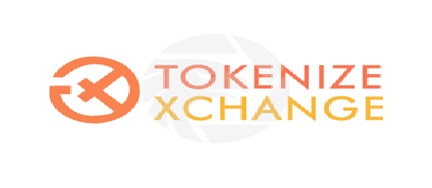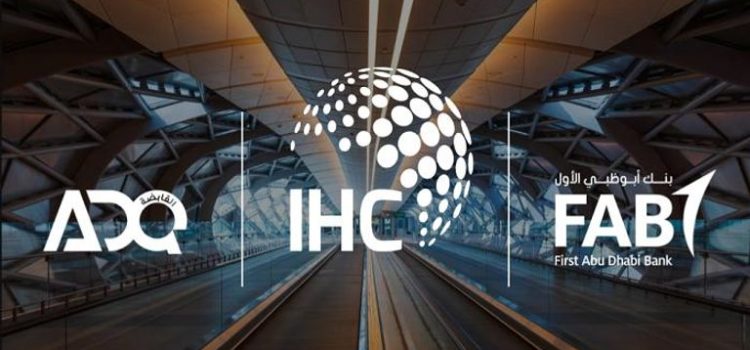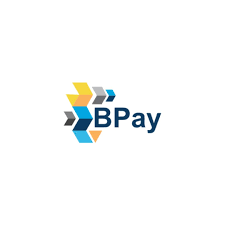
UAE based Gulf Craft, a shipyard conglomerate which builds yachts and boats, has joined multiple array of governmental and private businesses in the UAE offering crypto payments using stablecoins. The company announced that it now offers fully regulated payment solution for yacht and leisure craft purchases, service and refit works using the services of Bahrain based company ARP Pay.
As per the press release, the crypto payment solution developed by ARP Pay converts stablecoins such as USDT and USDC into AED or USD. The recent pilot allowed part of a yacht price to be purchased and settled in cryptocurrency. This cut transaction costs while improving customer satisfaction.
“By integrating ARP Pay, Gulf Craft not only meets evolving client preferences but also strengthens the UAE’s reputation for forward-looking manufacturing and financial innovation,” says Mohammed Hussein Alshaali, Chairman, Gulf Craft. “The UAE was built on maritime trade and early adoption of new ideas. Embracing regulated digital payments is a natural next step.”
“Adding a crypto option future-proofs our customer experience,” notes Erwin Bamps, Group CEO, Gulf Craft. “We stay ahead of the curve by adopting technologies that shape tomorrow’s commerce and by tapping into the growing segment of crypto holders who prefer paying with digital assets. Whether a client is taking delivery of a Majesty or Nomad yacht or purchasing any boat or power catamaran across our Oryx or SilverCAT ranges, they can now transact through a channel that is fast, transparent and fully compliant.”
More and more entities within the UAE are moving towards allowing crypto payments, whether it is the Abu Dhabi Judicial Department, the Abu Dhabi taxi service provider, gas stations, or even Dubai’s Finance Department all have either started or are getting ready to offer crypto payments.
Already UAE ranks top in the world for crypto adoption with 30% of its residents holding crypto. With increased utilization of crypto this number most likely will increase.

















